Exploring the Metaverse: An Industry Overview
Four Players In the Metaverse Ecosystem
In my latest blog post, I couldn't contain my enthusiasm as I embarked on my first exploration of the Metaverse and realized its potential to be the “next big thing”. Naturally, as an MBA student with a curious mind, I felt the need to take a closer look at the competitive landscape for this fast-changing industry. I reached out to experts and conducted a few interviews that kept coming back to a fascinating report from Deloitte (The Metaverse Overview: Vision, Technology and Tactics, 2022). Here are my biggest takeaways from that industry analysis of the Metaverse. Let’s dive in!
The Metaverse ecosystem can be loosely grouped into four distinct groups of service providers, according to that Deloitte report: Internet companies, Hardware companies, Software Companies, and Entrepreneurs. With internet companies constructing Metaverse platforms and fostering communities, hardware companies creating immersive experiences, software companies architecting the digital infrastructure, and entrepreneurs injecting fresh ideas and pushing the Metaverse's boundaries.
Internet Companies
The first group is composed of internet giants like Meta (formerly Facebook), Google and Amazon (United States); Baidu, Alibaba, Tencent, and Bytedance (China). These tech powerhouses have recognized the Metaverse potential and integrated it into their long-term strategies. With their extensive user bases, diverse technologies, and multiple application scenarios, they are playing pivotal roles in constructing Metaverse platforms and fostering thriving communities. Meta's Oculus leads the XR device market. In Q1 2023, Meta accounted for 47.8% of the global XR headset market, followed by Sony (15.4%), HTC (10.8%), and Pico (6.6%) (Statista, 2023). Google's AI prowess and cloud services provide a solid foundation for Metaverse infrastructure. Amazon, with its e-commerce and cloud computing expertise, is venturing into AR shopping experiences within the Metaverse. These companies have been paving the way for the Metaverse's widespread adoption and pushing the boundaries of what's possible.
Hardware Companies
In the second group, we have hardware companies that play a crucial role in enabling immersive experiences within the Metaverse. One standout player is Microsoft, with its HoloLens series. Microsoft's comprehensive approach covers all layers of the Metaverse, catering to both enterprise and consumer applications. Their hardware offerings empower users to interact seamlessly within virtual environments. Immersive headsets, motion-sensing technologies, and advanced graphics capabilities are just some of the contributions made by hardware companies, ensuring that the Metaverse is not just a concept but a tangible and captivating experience.
Other hardware companies that are making significant contributions to the Metaverse include:
Sony: The PlayStation VR headset is one of the most popular VR headsets on the market.
HTC: The Vive headset is another popular VR headset.
Oculus: The Oculus Quest 2 is the latest VR headset from Meta.
Apple Vision Pro: Although not yet on the market, with Apple’s reputation for advanced technology, we can already tell, this is going to revolutionize the industry.
Software Companies
Software development companies occupy the third group, with Microsoft once again making waves with its comprehensive Metaverse solutions. Microsoft's offerings, including HoloLens, Mesh, Azure Digital Twins, and Dynamics 365 Connected Spaces, demonstrate their commitment to all layers of the Metaverse. Their tools enable enterprises to collaborate and innovate within virtual realms. By fostering the development of immersive applications and providing powerful software frameworks, these companies shape the digital infrastructure that brings the Metaverse to life. With Microsoft's acquisitions of Minecraft and Activision Blizzard respectively in 2014 and 2022, gaming is becoming an integral part of the Metaverse ecosystem, captivating users with endless possibilities.
Entrepreneurs
The fourth and final group consists of new entrepreneurial companies that bring fresh ideas and niche expertise to the Metaverse. These companies focus on specific segments, catering to unique market needs. Among them, Roblox has created a vibrant gaming and community-building platform, while Decentraland offers a decentralized virtual world (which means owned and governed by its users, rather than by a central authority) for users to explore and create their own experiences. OpenSea has become a leading marketplace for trading NFTs, revolutionizing the digital collectibles space. Sandbox empowers users to build, own, and monetize virtual worlds, fostering creativity and community engagement. Additionally, smaller startups like Lingo3D, Attrsense, Cyzone, and Deemos focus on niche technologies and applications, adding diversity and innovation to the Metaverse landscape.
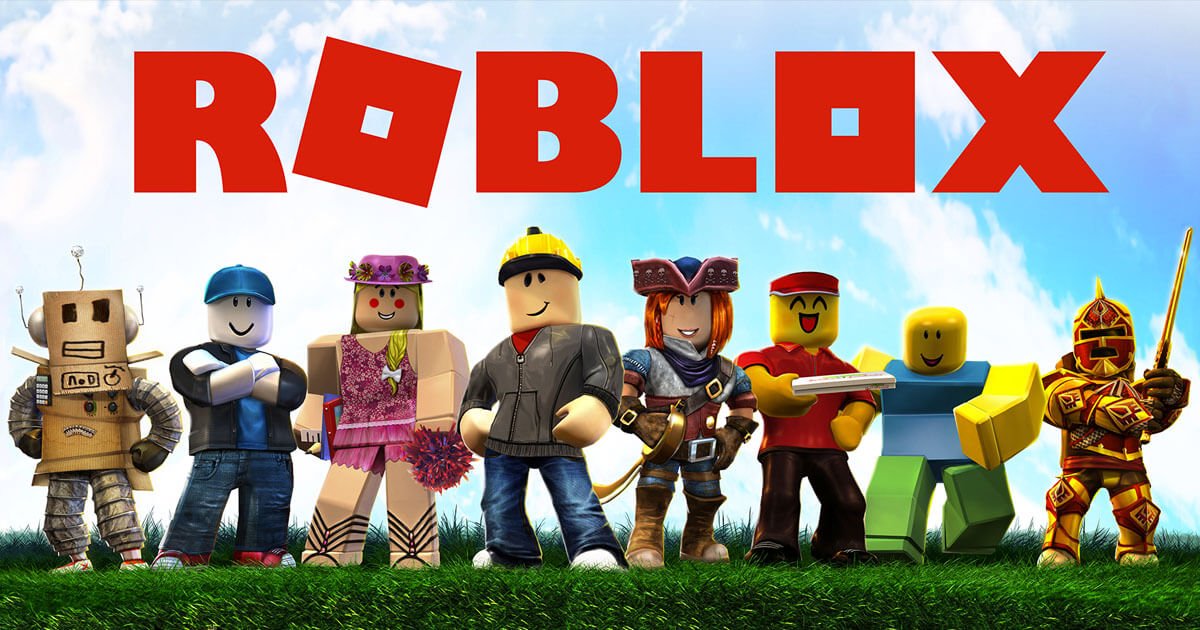

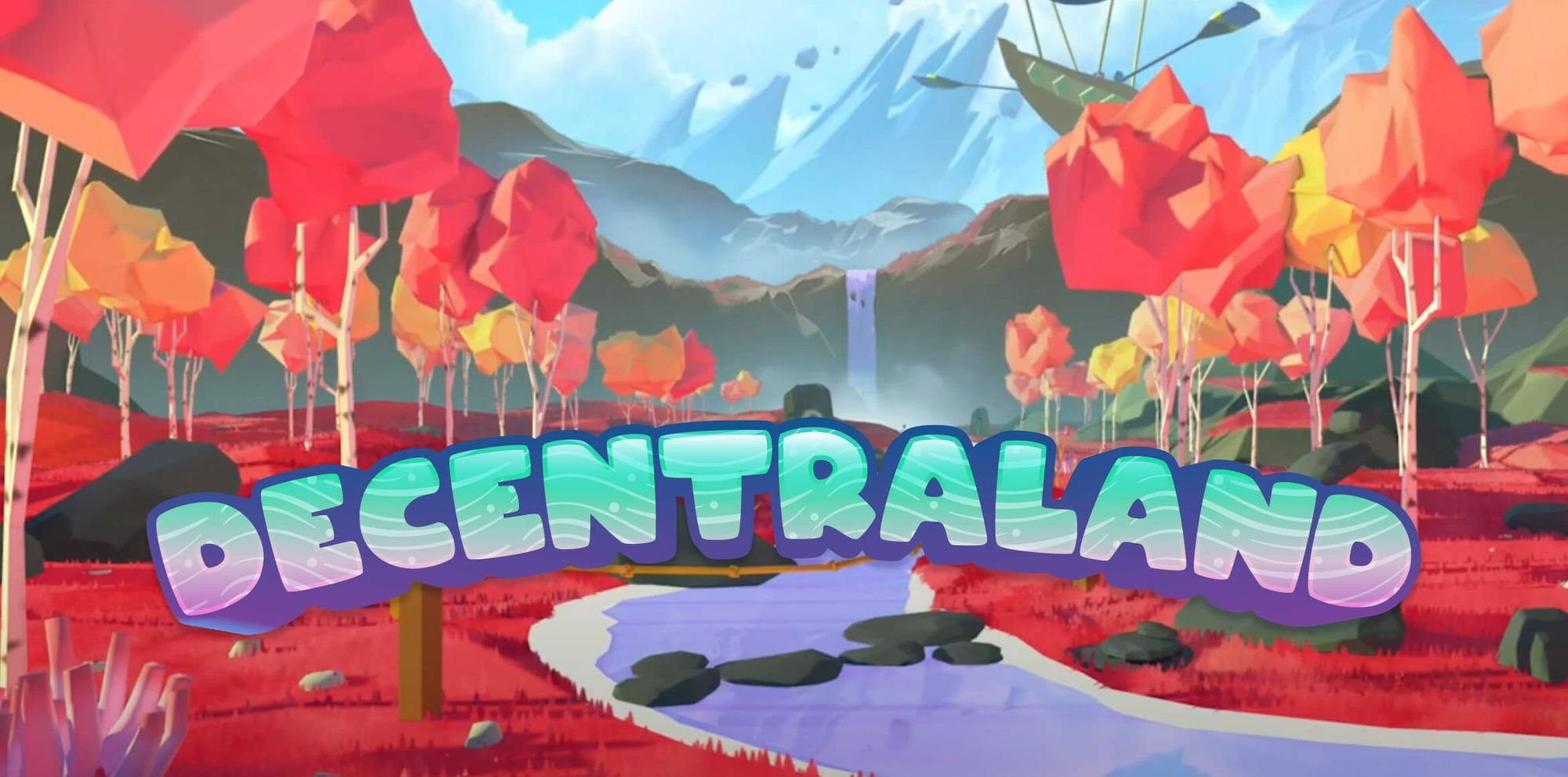
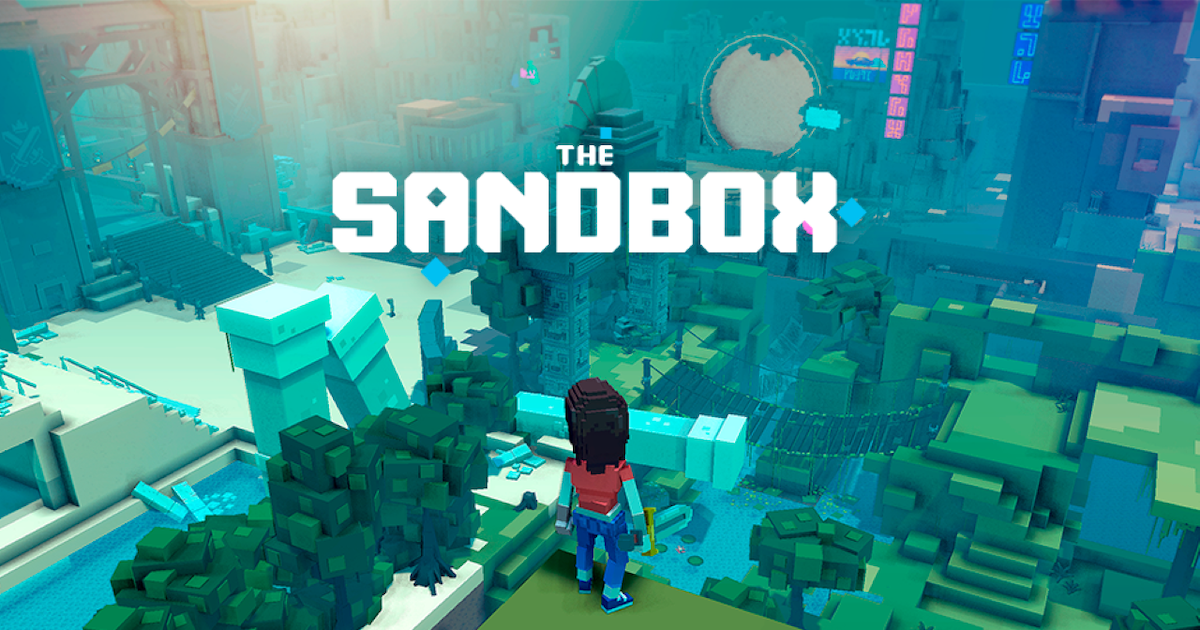
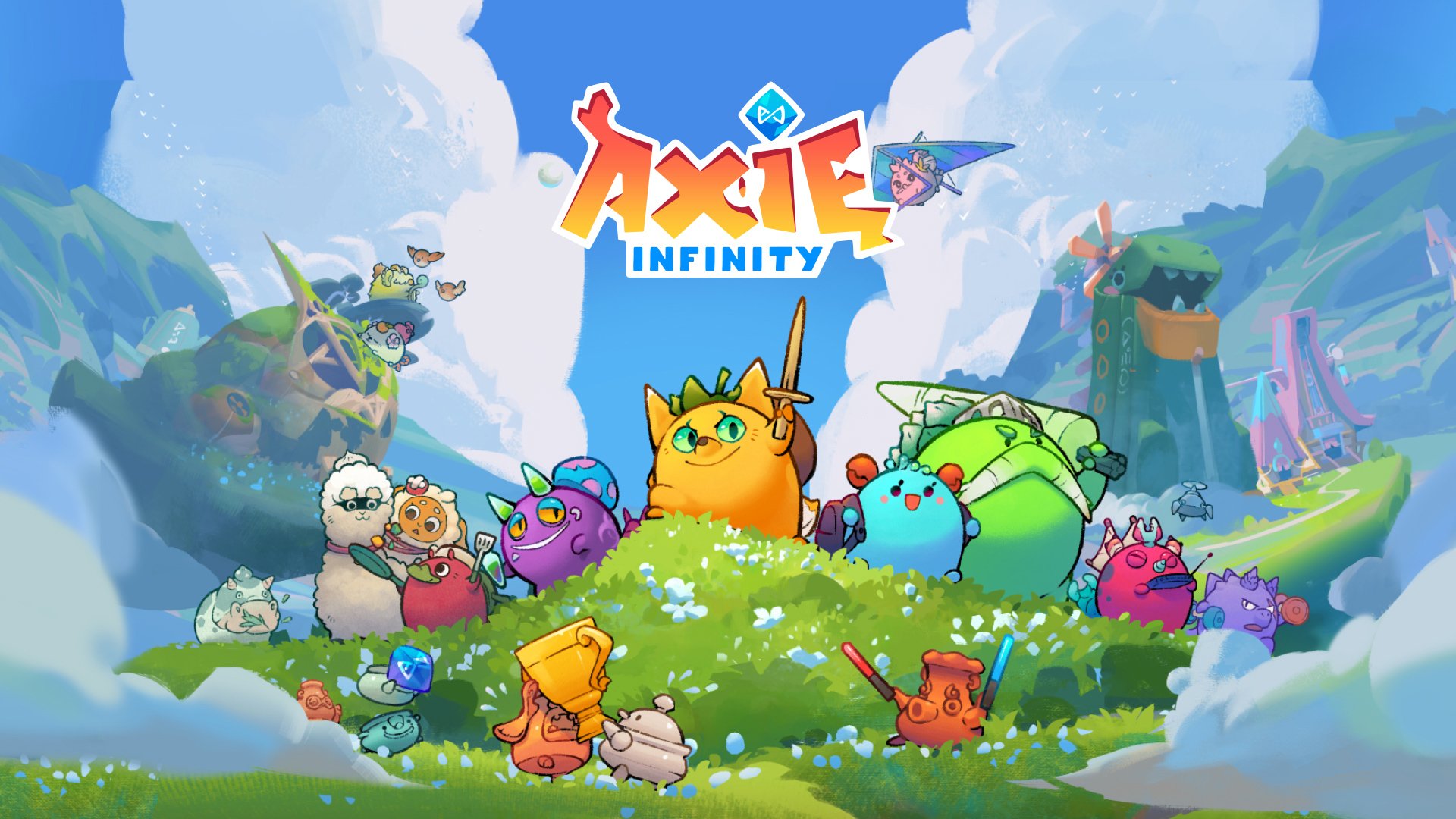

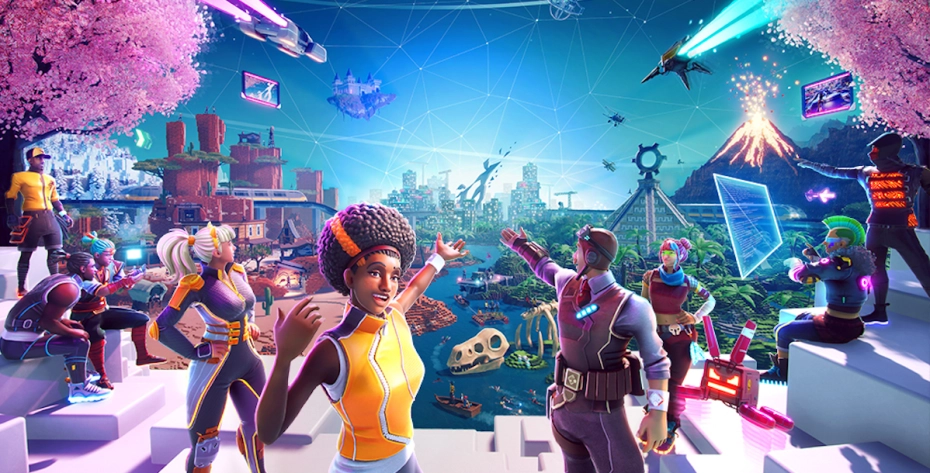
Analysis
The business opportunities in the Metaverse have captivated the attention of tech giants, hardware and software development companies, as well as innovative entrepreneurs, which make me believe that the technology itself holds incredible potential. However, as I explored various platforms, it became obvious that we are still in the early stages of its development, and there is much more to be accomplished. Some participants in a focus group we organized felt that the current state of the Metaverse is primarily geared toward gamers. Still, with the involvement of major tech companies and other industry players we've discussed and considering the advancements in artificial intelligence today, we have only scratched the surface of what the Metaverse can truly offer. It's a concept that deserves serious attention and investment as it continues to evolve and shape our digital future. The journey ahead for the Metaverse is bound to be exciting, and I eagerly look forward to witnessing its transformation into a fully immersive, interconnected, and life-changing platform.
